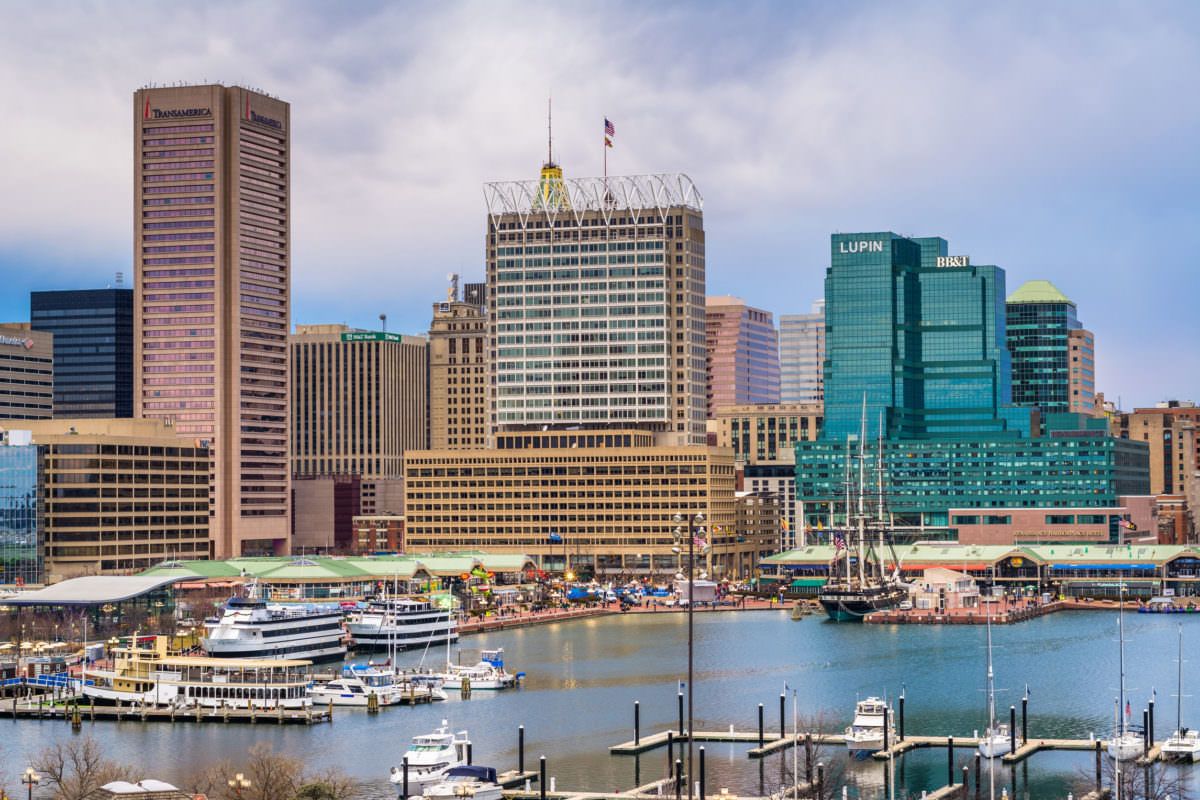Steven Hawkins, who is now three months in as the executive director of the Marijuana Policy Project (MPP), said in a telephone interview with Marijuana Business Daily that he sees opportunities for rapid progress in the number of states that might legalize adult-use marijuana.
Such movement not only will create billions of dollars of business opportunities but could be critical in influencing federal reform of marijuana laws, he noted.
The former executive at Amnesty International USA and the NAACP said he believes there’s a pathway for an additional 15 states to develop recreational MJ programs in the next three years or so, through a combination of legislative efforts and what might be the “last good year for ballot initiatives (in 2020).”
Those include New Jersey, New York, Illinois and Connecticut – all of which will be in “serious play” to develop rec MJ programs, Hawkins said.
But he also sees potential action in a number of other states such as Delaware, Rhode Island and New Mexico – and possibly even conservative North Dakota, where voters rejected an adult-use ballot initiative in the recent midterms.
“I do think the wind is at our back,” Hawkins said, noting a recent Gallup poll that found two-thirds of Americans support marijuana legalization, with that approval cutting across societal and political party lines.
He said there’s even the possibility a state could leapfrog medical marijuana and go directly to adult use.
Hawkins also discussed the following upcoming priorities for MPP:
- Help develop best practices – or something of a “gold standard” that could be used for state cannabis regulatory frameworks under development.
- Diversify funding streams, including tapping more progressive philanthropic organizations that are concerned about the social-justice impacts of the war on drugs.
- Spend time in the field building relationships with church groups and other organizations that are currently opposed to marijuana legalization.





